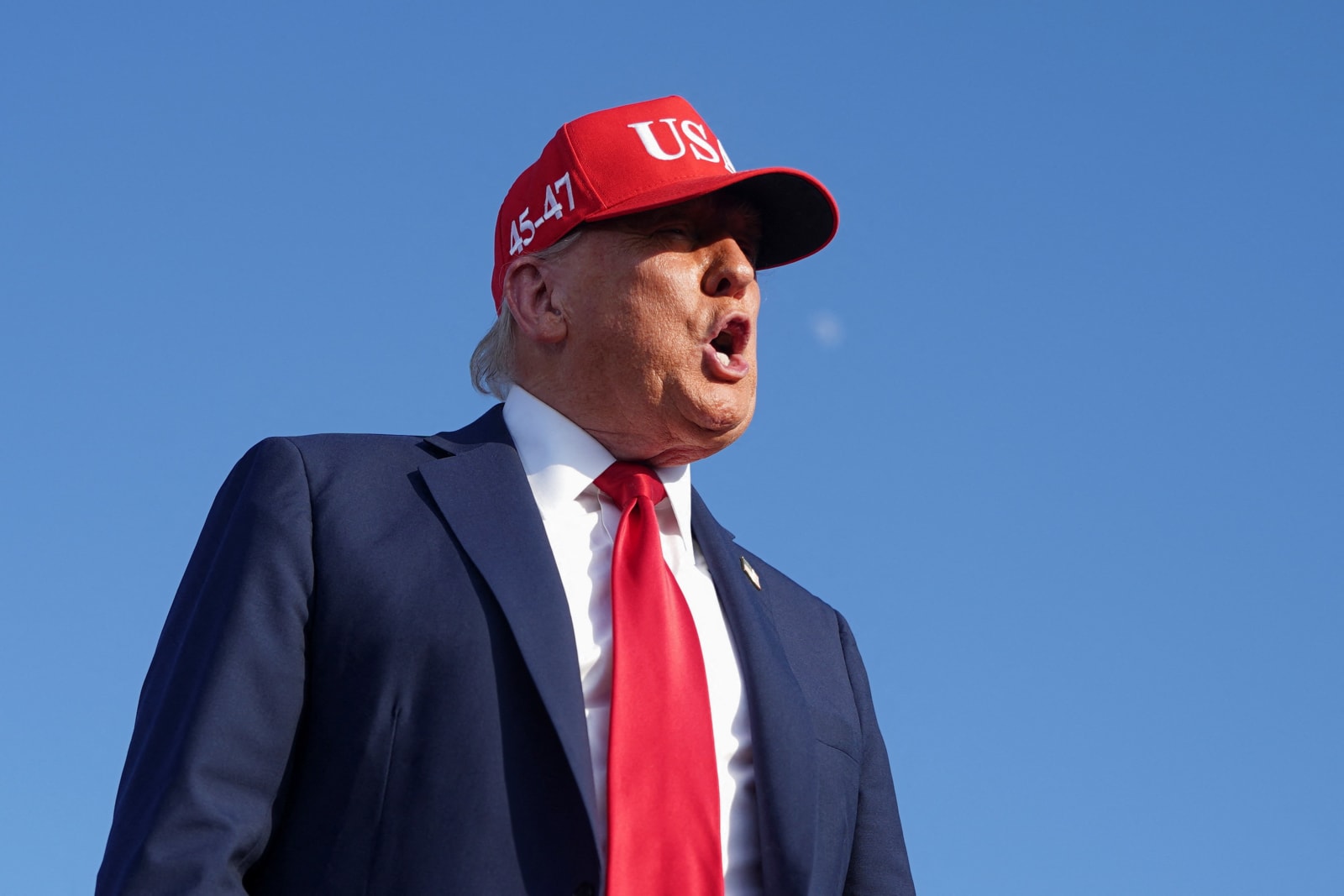
A Critical Examination of Trump's Foreign Policy
A recent in-depth analysis has exposed the stark contrast between Donald Trump’s ambitious foreign policy promises and the chaotic reality that followed. According to a leading expert, Trump's rhetoric about "putting America first" has not translated into meaningful action or coherent strategy.
Stephen Wertheim, a senior fellow at the Carnegie Endowment for International Peace, spoke candidly about Trump's international record. He emphasized that Trump failed to deliver peace in key regions such as Europe and the Middle East. His inability to resolve conflicts in Ukraine and Gaza, or to make progress with Iran, highlights a significant gap between his campaign promises and actual outcomes.
Wertheim criticized Trump's approach to Iran, calling it reckless and poorly executed. The former president's strike on Iran exemplifies this, as it was a hasty and ill-considered move that escalated tensions rather than resolving them. This incident set the stage for further conflict, undermining any potential for diplomatic resolution.
In addition to his direct actions, Wertheim pointed out a deeper issue within U.S. foreign policy: the overreliance on military presence in strategic regions. The United States has consistently stationed its forces in areas of geopolitical tension, leading to recurring crises. Wertheim noted that these actions often result in the U.S. inheriting conflicts that are not inherently its own, leaving it vulnerable to the strategies of its adversaries.
Despite promising to reduce the burden of defense spending, Trump struggled to implement meaningful changes. Wertheim highlighted the contradiction in Trump's approach to Europe, where his administration urged European nations to take greater responsibility for their security while maintaining a heavy U.S. military presence. This inconsistency created confusion and undermined the effectiveness of the strategy.
The expert also criticized Trump's handling of Asia, pointing out that his broad tariff policies had unintended consequences. Rather than focusing on China, Trump imposed high tariffs on multiple countries, including Japan, South Korea, and Vietnam. This move damaged U.S. relationships and weakened its influence in the region. As a result, China appeared more reliable by comparison, gaining a strategic advantage.
At the core of Trump's foreign policy failures lies a lack of clear understanding of America's fundamental interests. Wertheim described Trump as someone who oscillates between neglecting geostrategic issues and relying on the status quo. This indecision prevented him from developing a coherent vision for U.S. foreign policy.
Wertheim concluded that Trump's foreign policy lacked a clear foundation. While he often spoke about putting American interests first, he never clearly defined what those interests were. This ambiguity led to a lack of direction and consistency in his approach to international relations.
Overall, the analysis underscores the challenges faced by Trump in translating his campaign promises into effective foreign policy. The combination of inconsistent strategies, military overreach, and a lack of clear objectives has resulted in a series of setbacks and missed opportunities for the United States.
